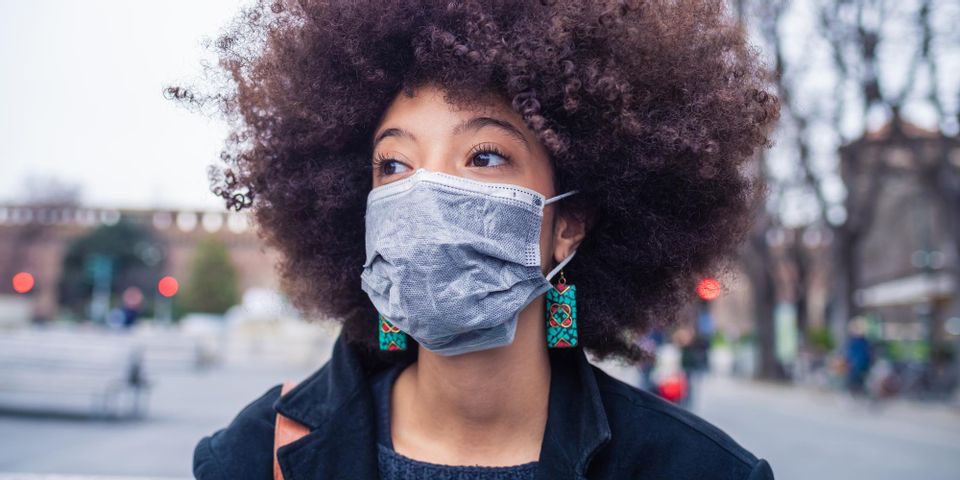How to Deal With COVID-19-Related Stress

COVID-19 has rapidly changed the way people around the world live. Such drastic alterations to day-to-day life have led to an increase in stress as people attempt to adjust to this new normal while dealing with the uncertainty of a pandemic. To tend to your mental health, learn more about the rise in COVID-19 stress and how to manage it.
Who Is Most Affected by Rising Stress Levels?
Stress levels are up across all major demographics as a result of the COVID-19 pandemic. According to the American Psychological Association, seven in 10 Americans report that economic and job insecurities resulting from COVID-19 play major roles in their pandemic-related stress. The same number of people also identify the government's response to the pandemic as a primary source of their increasing stress levels. This is consistent across political party lines, roughly two-thirds of all voters citing the government response as a significant factor in their COVID-19 stress.
Between economic uncertainties and remote learning, parents are facing new and unexpected challenges. Nearly half of all parents report high stress levels as a result.
People of color are perhaps the group most impacted by COVID stress. They experience higher stress levels over concerns about contracting the virus, meeting their basic needs, and accessing necessary health care services.
How Can You Manage COVID-Related Stress?
 While the statistics shed light on the causes of COVID-19 stress and the communities most affected, anyone can experience the mental health fallout of this pandemic. Fear, anxiety, doubt, and uncertainty can make a person feel like they’re losing control, and stress is a response to this sense of instability.
While the statistics shed light on the causes of COVID-19 stress and the communities most affected, anyone can experience the mental health fallout of this pandemic. Fear, anxiety, doubt, and uncertainty can make a person feel like they’re losing control, and stress is a response to this sense of instability.
To manage your stress levels, try to maintain a regular schedule as much as possible, which instills a comforting sense of normalcy.
Even when socially distancing to avoid contracting the virus, make it a priority to stay in touch with loved ones. Call or video conference with friends and family members to check in on one another and catch up.
Tend to your physical health to combat stress. Don't overindulge in unhealthy foods, and try to get outside every day for some fresh air and exercise. Go to bed at the same time every night, and aim for eight hours of sleep.
If your stress levels feel unmanageable, don’t hesitate to reach out to a mental health professional for help. Counseling and talk therapy will help you find workable solutions that make the current situation more bearable.
When you need professional therapy, Fairbanks Psychiatric & Neurological Clinic APC is here for you. For over 30 years, they’ve provided the Alaska community with counseling for stress, depression, anxiety, and other mental health issues. Call (907) 452-1739 or visit them online to schedule an appointment.
About the Business
Have a question? Ask the experts!
Send your question

